Pain in your shoulder joint could mean you have an injury to the rotator cuff. If you have a dull ache that worsens when you sleep on your side, consult our doctors for diagnosis and treatment. Talk with your primary care doctor for a referral, or contact us to request a consultation.
What causes rotator cuff injuries?
Your rotator cuff is made up of a group of muscles and tendons that keep your upper arm bone firmly in your shoulder socket. Injury typically happens because of repeated overhead motions or trauma. Rotator cuff injuries can happen for patients of all ages.
What symptoms indicate a problem with the rotator cuff?
You should suspect a rotator cuff problem if it hurts when lifting and lowering your arm. Other symptoms include:
- Weakness in the arm, especially when lifting or rotating it
- Pain that intensifies at night, especially when you lie on the affected arm or shoulder
- Crackling or creaking sensations when you move your arm or shoulder
If your rotator cuff tear occurs over time, your symptoms may be mild at first. To help alleviate discomfort, you may use with over-the-counter pain medications. Eventually, however, the pain and associated weakness may start to interfere with daily activities. Sudden injury to the rotator cuff is usually sudden and intense. Some patients report hearing a snapping sound or feeling immediate weakness in their upper arm. If you experience extreme pain from your injury, contact us to schedule a consultation.
How are rotator cuff injuries treated?
Early diagnosis can slow the progression of your tear. To develop your treatment plan, our specialists consider your age, general health, and activity level. Early management of your tear may include rest, modification of specific activities, physical therapy, and medications — including steroid injections.
When is surgery recommended for rotator cuff injuries?
If conservative approaches don’t resolve your pain, your doctor may recommend surgery surgery. There’s several indicators that you need surgery, including:
- Pain that lasts longer than six months
- A tear of at least 3 centimeters
- Significant loss of function in your shoulder
- A tear caused by trauma
Contact us to schedule a consultation, or talk with your primary care physician for a referral.
